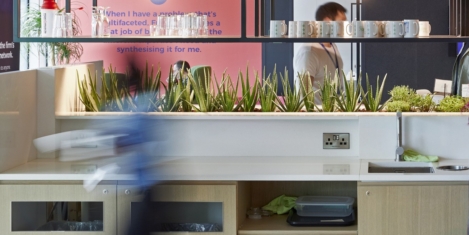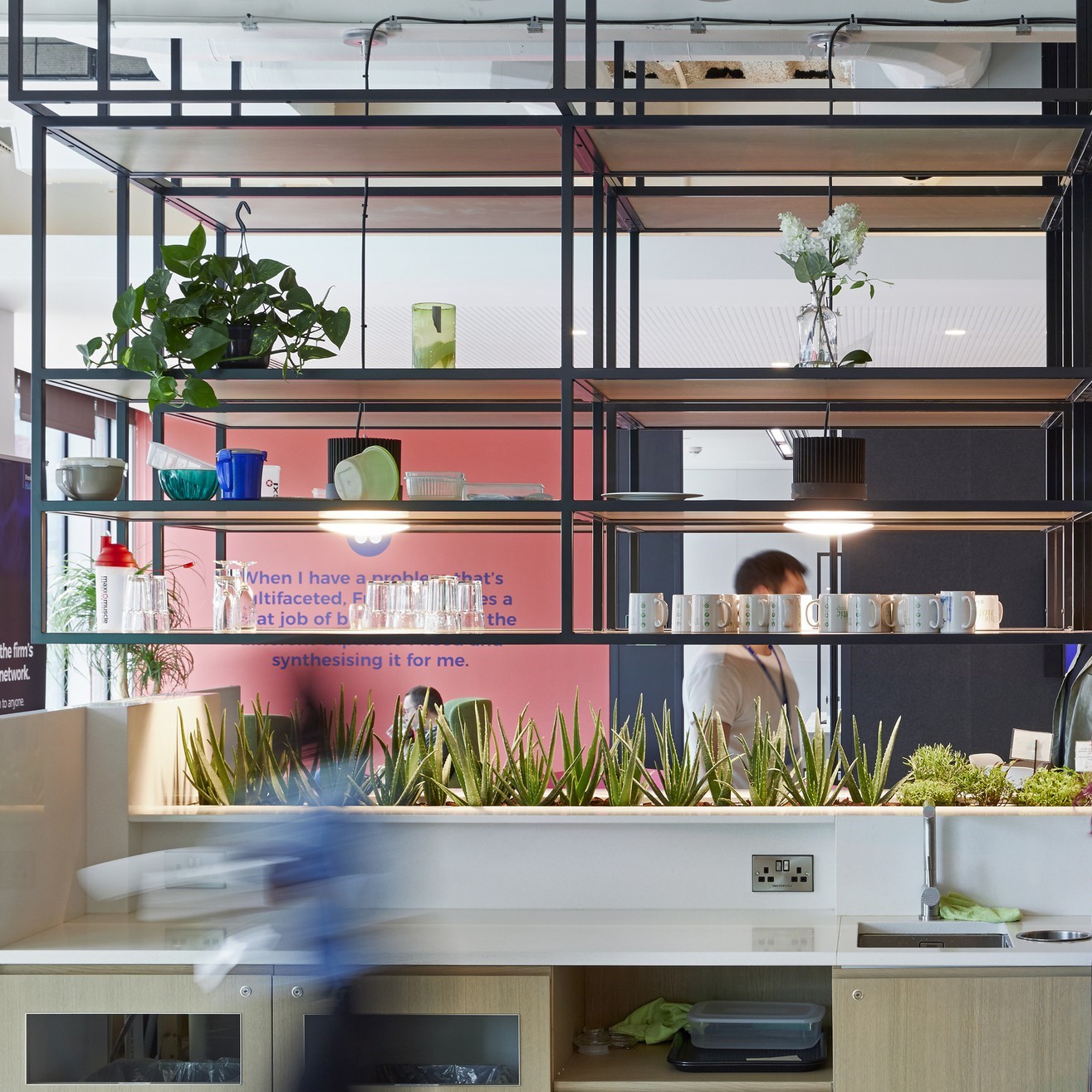To provide the best experiences, we use technologies like cookies to store and/or access device information. Consenting to these technologies will allow us to process data such as browsing behaviour or unique IDs on this site. Not consenting or withdrawing consent, may adversely affect certain features and functions.
The technical storage or access is strictly necessary for the legitimate purpose of enabling the use of a specific service explicitly requested by the subscriber or user, or for the sole purpose of carrying out the transmission of a communication over an electronic communications network.
The technical storage or access is necessary for the legitimate purpose of storing preferences that are not requested by the subscriber or user.
The technical storage or access that is used exclusively for statistical purposes.
The technical storage or access that is used exclusively for anonymous statistical purposes. Without a subpoena, voluntary compliance on the part of your Internet Service Provider, or additional records from a third party, information stored or retrieved for this purpose alone cannot usually be used to identify you.
The technical storage or access is required to create user profiles to send advertising, or to track the user on a website or across several websites for similar marketing purposes.
 Against a global backdrop of diminishing business confidence and a weaker outlook for economic growth, a robust labour market in the world’s largest economies continues to underpin demand for office space with high employment levels prevalent across a number of major markets. Demand continues to be driven by the knowledge economy, with the coworking boom continuing to broaden its reach across major markets, forcing traditional landlords to adapt their offering in order to best accommodate existing and potential occupiers. More →
Against a global backdrop of diminishing business confidence and a weaker outlook for economic growth, a robust labour market in the world’s largest economies continues to underpin demand for office space with high employment levels prevalent across a number of major markets. Demand continues to be driven by the knowledge economy, with the coworking boom continuing to broaden its reach across major markets, forcing traditional landlords to adapt their offering in order to best accommodate existing and potential occupiers. More →


































August 28, 2019
Shifting cultural expectations in the workplace
by Stuart Templeton • Comment, Technology, Workplace
More →